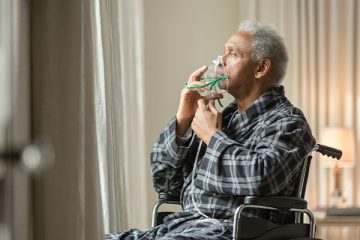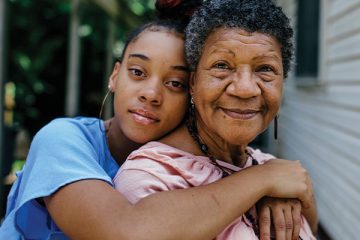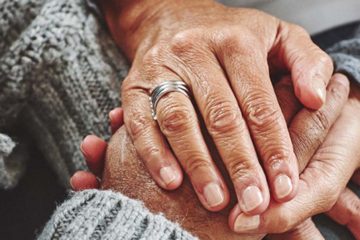
Today’s Research on Aging is a series intended to increase awareness of research results and their application to major public and private decision-making. Although policy debates may be closely followed by many members of society, not all people are aware of the research underlying policy prescriptions as well as the choices of public and private decisionmakers. By discussing recent research and the links to major government, business, social, and private issues, we hope to increase appreciation of the scientific findings relevant to aging and their effects on individuals and society.









